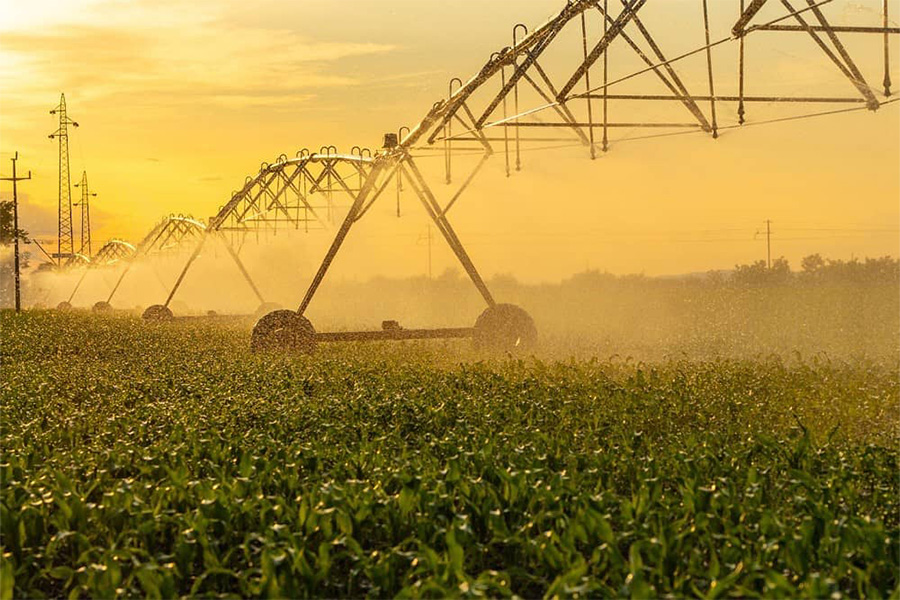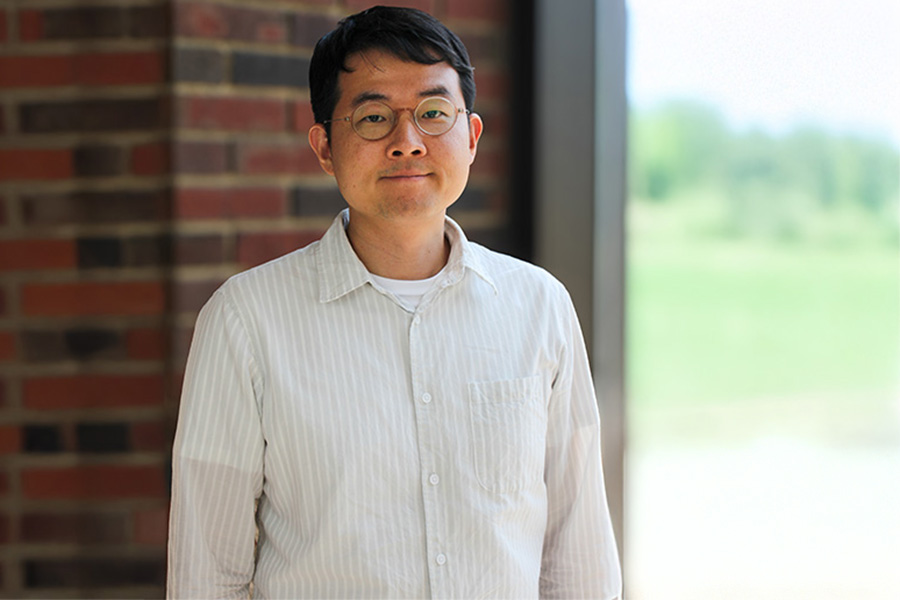Purdue University researchers harness solar power for smarter irrigation

Researchers at Purdue University’s Elmore Family School of Electrical and Computer Engineering, in collaboration with Michigan State University, are leading an innovative project aimed at making irrigation more efficient and cost-effective for farmers. By integrating solar power with cutting-edge Internet of Things (IoT) technology, this initiative seeks to empower farmers with better control over irrigation, reduce energy costs, and support sustainable farming practices.
Supported by a grant from the U.S. Department of Agriculture (USDA), the project is co-led by Dr. Woongkul Matt Lee, Assistant Professor of Electrical and Computer Engineering at Purdue, alongside Dr. Younsuk Dong, Assistant Professor and Extension Specialist at Michigan State University. Their combined expertise is driving the development of solar-powered irrigation systems that leverage Purdue’s strengths in electrical engineering and IoT innovation.
The project features two core components: solar energy integration and IoT-enabled sensors. Purdue’s ECE team is playing a critical role in designing the solar-powered microinverter, which not only powers irrigation pumps but also aids in “peak shaving,” reducing the strain on power grids during high-demand periods. This solution, developed with scalability in mind, is adaptable to various farm sizes and irrigation systems, making it a versatile tool for diverse agricultural settings.
IoT sensors, another focus area for Purdue ECE, will be deployed in the fields to provide real-time data on soil moisture, energy use, and other vital parameters. Farmers can access this information through a cloud-based platform, enabling them to make informed decisions and optimize water usage. This integration of renewable energy and IoT technology exemplifies the kind of forward-thinking research being driven by Purdue’s Elmore Family School of Electrical and Computer Engineering.
“Purdue University researchers are pioneering a path forward by harnessing solar power and IoT technology for smarter irrigation,” said Lee. “This innovation empowers farmers to control irrigation precisely, reduce energy costs, and embrace sustainable practices, marking a pivotal step in addressing modern agricultural challenges.”

The adaptability of the project is a key highlight. Lee and his team are working on creating a decision-support tool tailored to meet the needs of farms with varying sizes and irrigation requirements. The solar-powered microinverter, designed by Purdue ECE researchers, is engineered to seamlessly integrate with existing irrigation infrastructure, offering a flexible and efficient solution for farmers in both Michigan and Indiana. As the project progresses, the team aims to expand its reach to other regions, demonstrating the potential of this technology to transform irrigation practices on a broader scale.
Beyond energy efficiency, the project promises significant environmental benefits. By providing precise data on field conditions, farmers can avoid over-irrigation, conserve water, and potentially reduce crop diseases. This effort also incorporates insights from plant pathology research, offering guidance on optimal irrigation timing to minimize plant stress and boost crop health.
Funded by a grant from the USDA’s Natural Resources Conservation Service, this pioneering project highlights the crucial role of Purdue University’s Elmore Family School of Electrical and Computer Engineering in addressing the challenges of modern agriculture. Through its focus on renewable energy solutions and IoT-enabled precision agriculture, the initiative aims to help farmers tackle rising energy costs, conserve water, and adopt more sustainable farming practices.
While still in the early stages, this collaboration between Purdue and Michigan State University is poised to make a significant impact on the future of agriculture. By harnessing the expertise of Purdue’s ECE researchers, the project is paving the way for smarter, more efficient irrigation solutions that will empower farmers and promote environmental sustainability.
